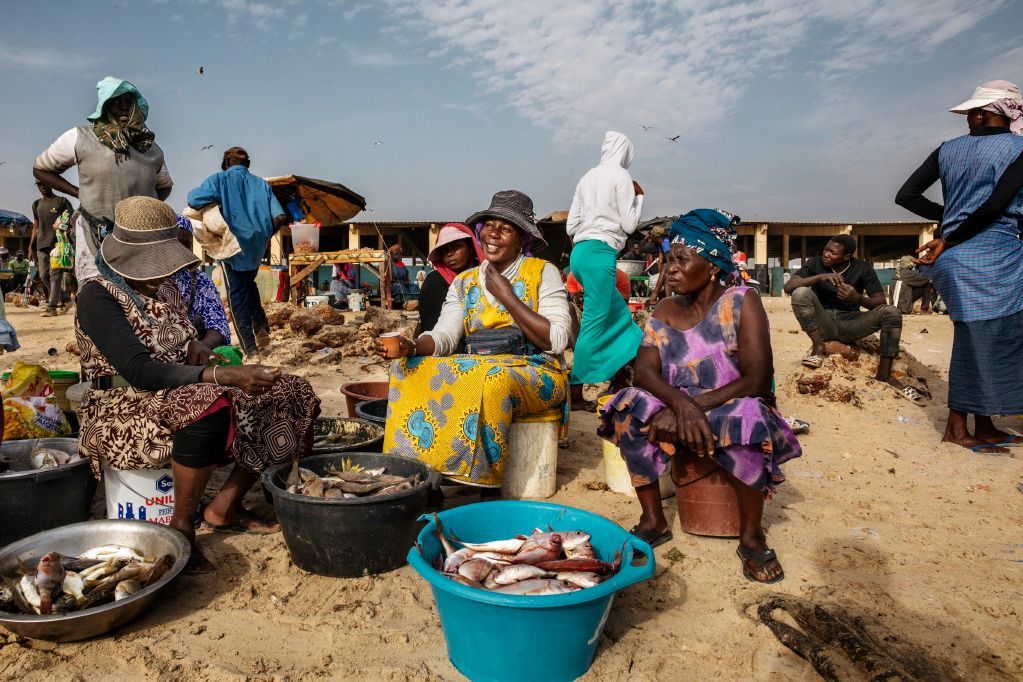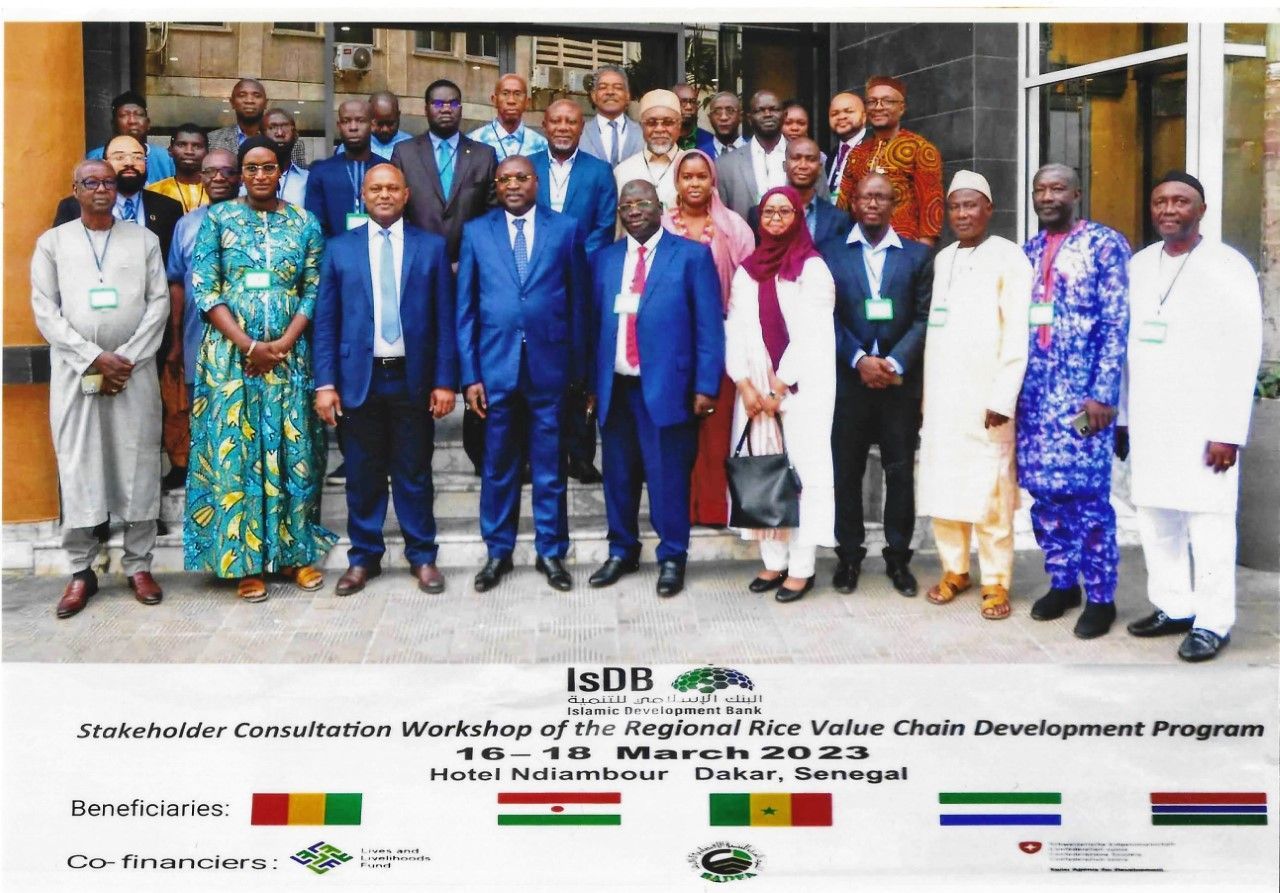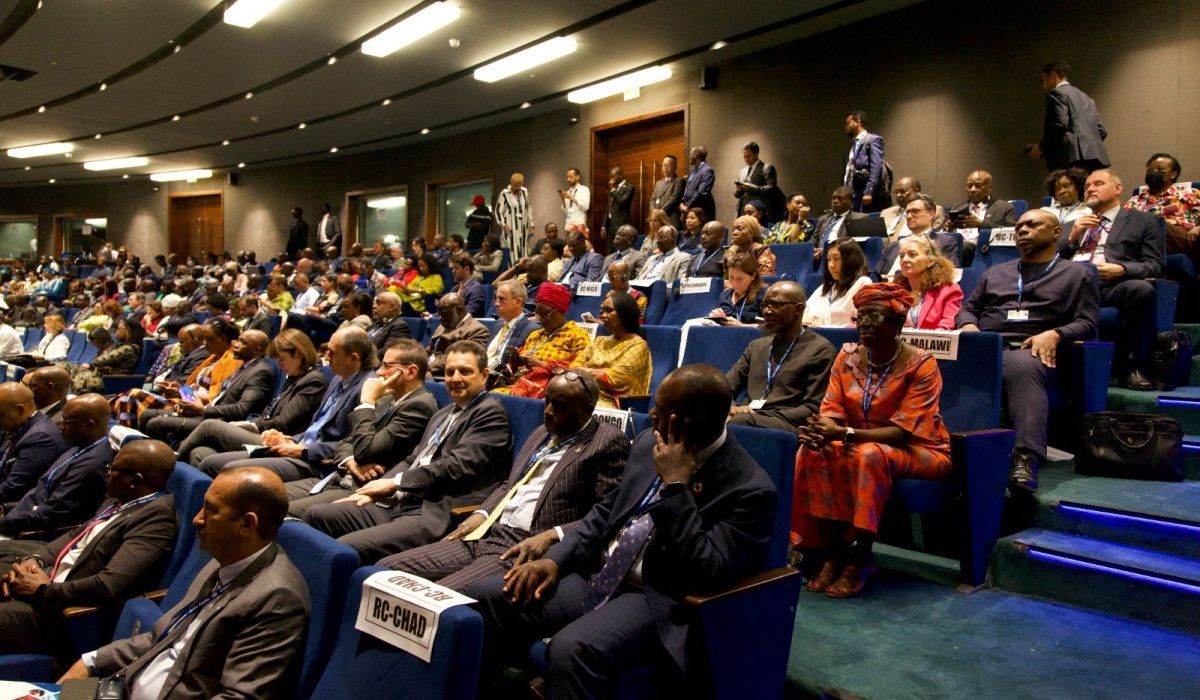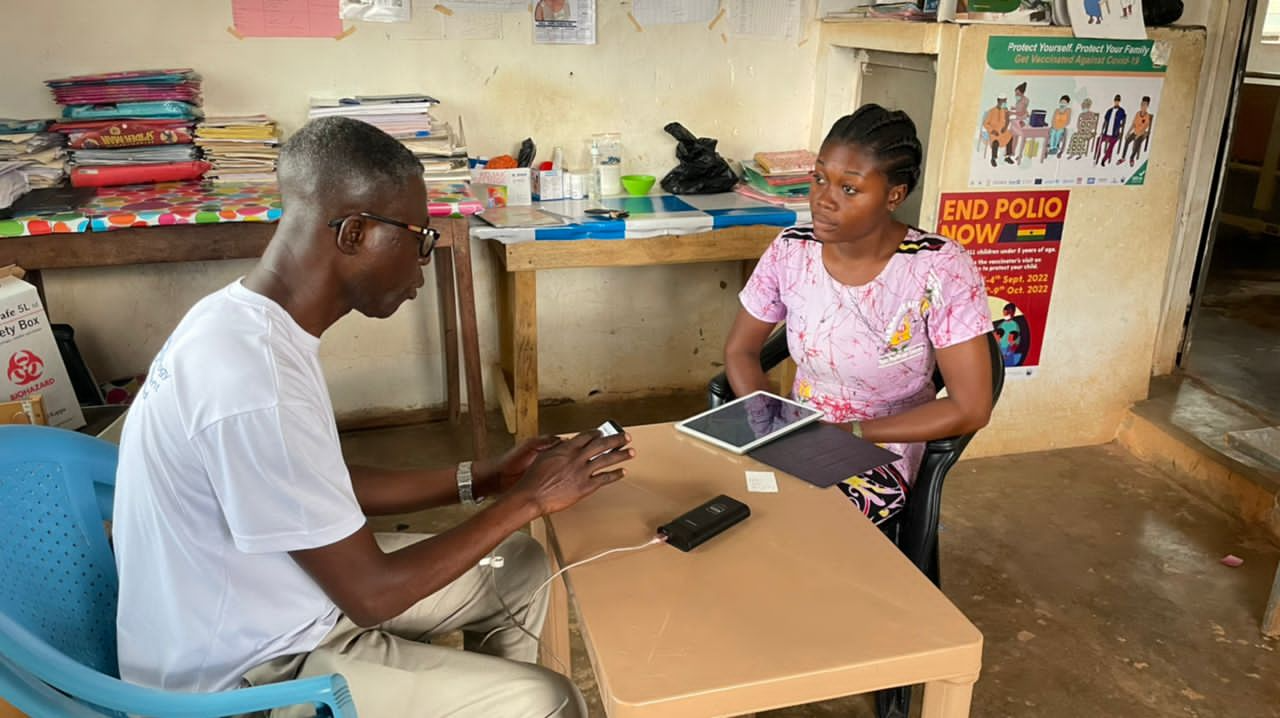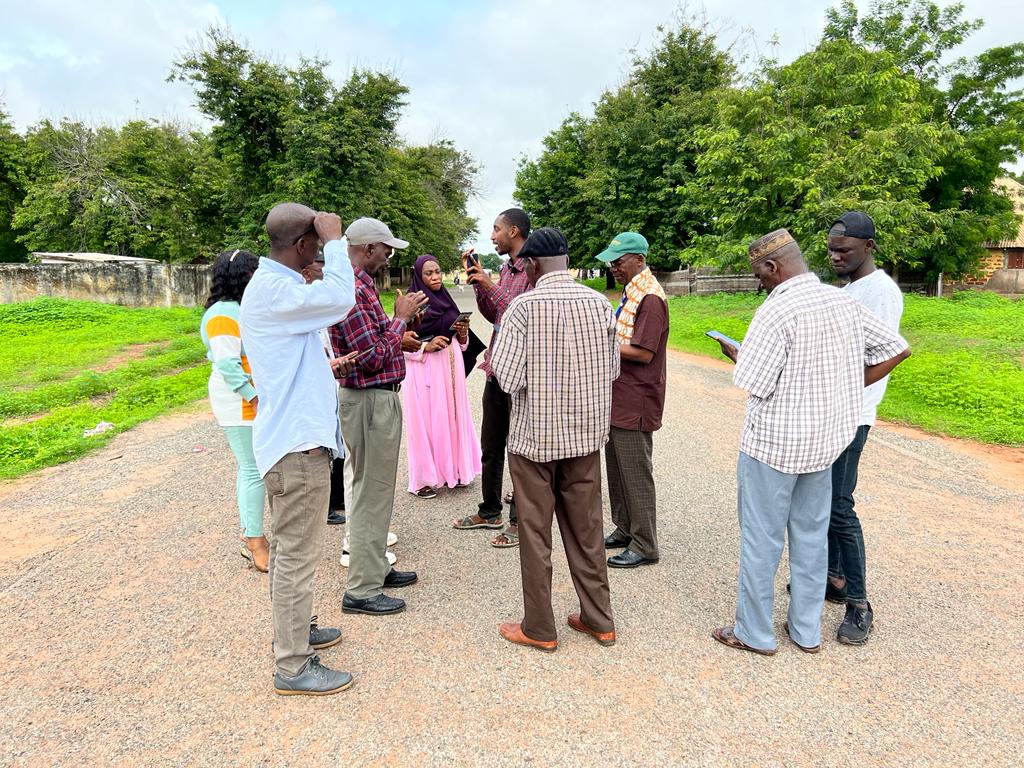Kengo Kuma Designs Vocational School in Ghana
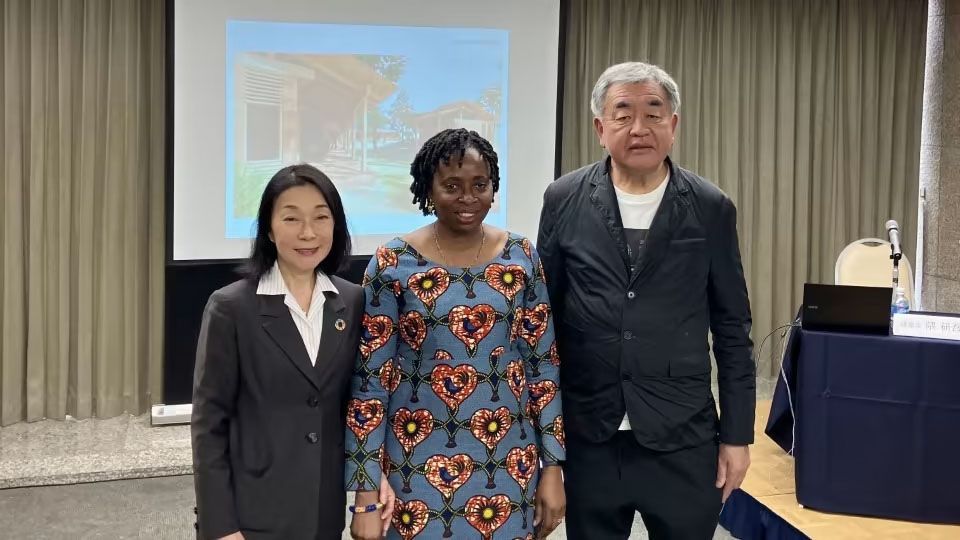
SDG Promise Japan, a Tokyo-based nonprofit organization offering poverty reduction programs and other support measures to vulnerable populations will build a vocational school in Ghana. The world-famous architect Kengo Kuma is designing the school. Known for designing the main stadium of the 2021 Tokyo Olympics, a trip to Africa in 1978 was an eye-opening experience that shaped Kengo Kuma's design philosophy. Now, he is ready to reciprocate by designing the vocational school in Ghana, free of charge. SDGs Promise Japan will lead the construction and project. Millennium Promise Alliance is providing technical support to SDGs Promise for the vocational school project.
The Ghana Vocational Training Institute will be built in the town of Manso Nkwanta, in Ghana's Ashanti region. The site is close to where Kuma visited as a graduate student. "The most important trip in my life was to West Africa when I was a graduate student," Kuma told reporters. He recalled traveling south across Algeria to Niger, facing nothing but desert for days. "It was only when we arrived in Ghana that we came across green plants. It felt like I came home to Japan," he said. "Soil, trees and grass. The basic elements of all my designs were inspired by my trip to Ghana."
The facility comprises classrooms and dormitories set amid lush green trees, where students between 18 and 35 years old will take classes in stonemasonry, plumbing, carpentry, and other vocations -- over three years. The first classrooms will be ready late summer, and the rest will be built in accordance to funds raised for the project. The cost will be covered by the Japanese government's aid programs as well as crowdfunding. The idea is to offer local citizens a path to proper employment, as opposed to taking part in illegal gold mining, which is becoming prevalent in the region.
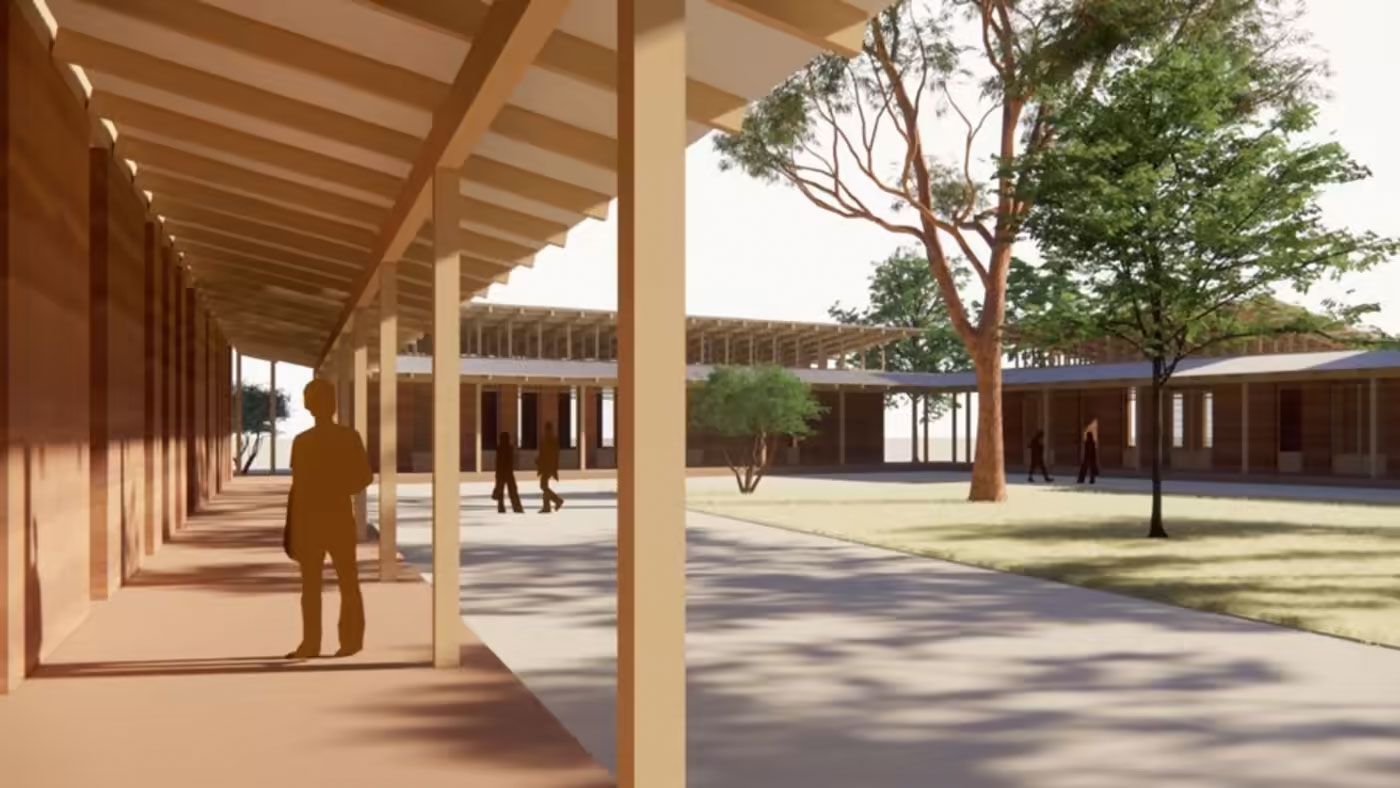
The design is typical Kuma, with ample use of wood. Corridors with outsized roofs will shield students from the punishing sun and heavy rain, creating shade to cool the air flowing into the building. Dormitory rooms will be organized in a zigzag fashion, creating space between them where students can study or socialize.
"After COVID-19, architects around the world have begun to think of ways to ventilate buildings. We will prepare airy rooms that don't depend on air conditioning," Kuma said. "With Prime Minister Kishida visiting soon, the relations between Japan and Ghana are expected to deepen," he added. "Both countries share a culture that coexists with nature. Together we can tackle climate change through collaboration such as this."
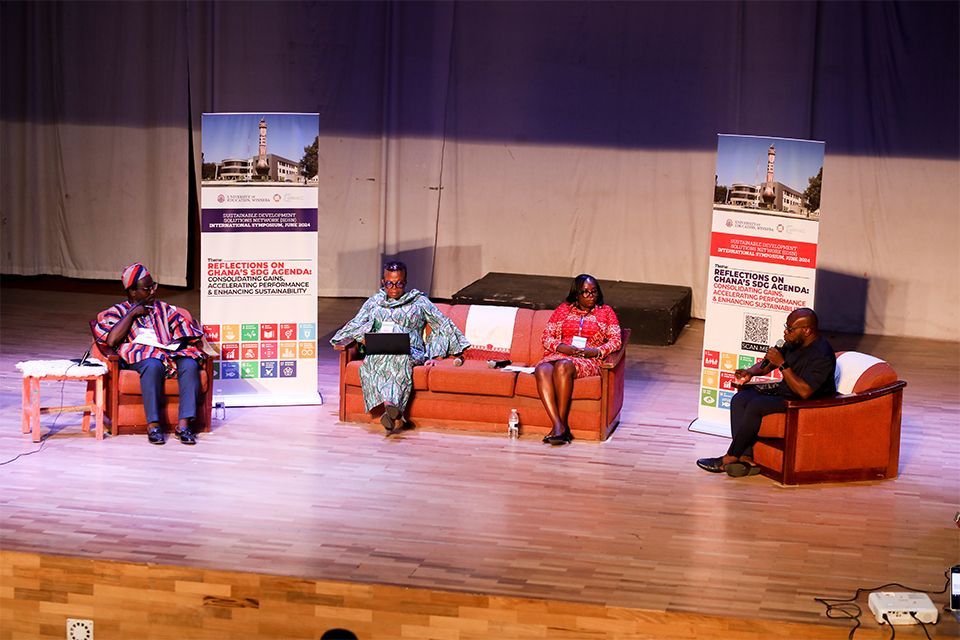
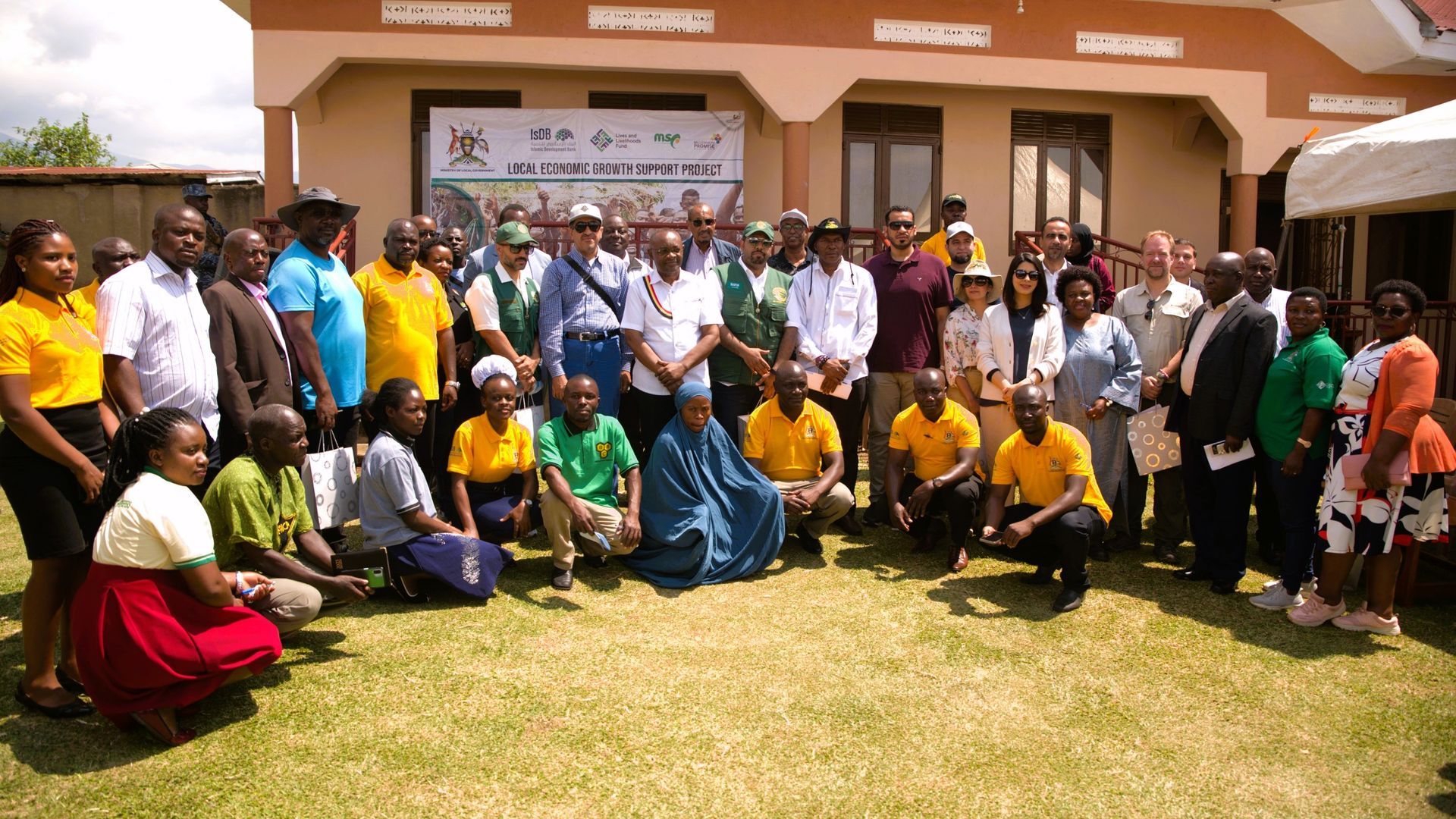
Lives and Livelihoods Fund Engages with Ugandan Officials to Boost Economic Growth and Food Security

